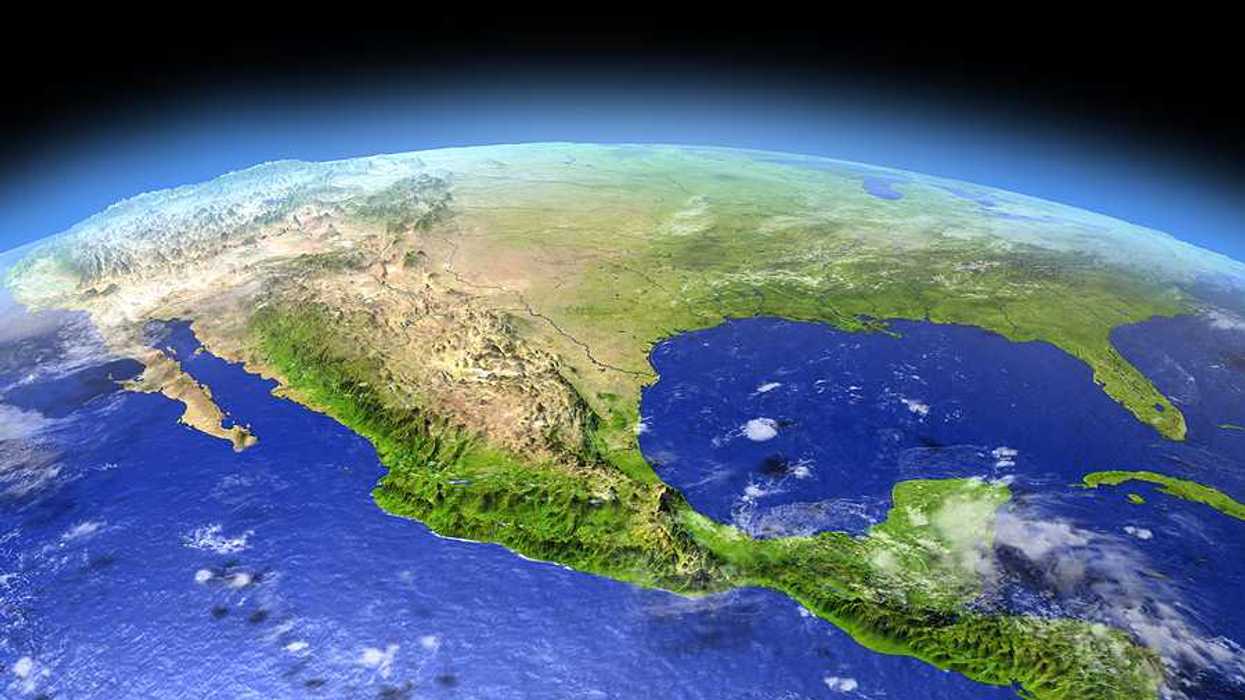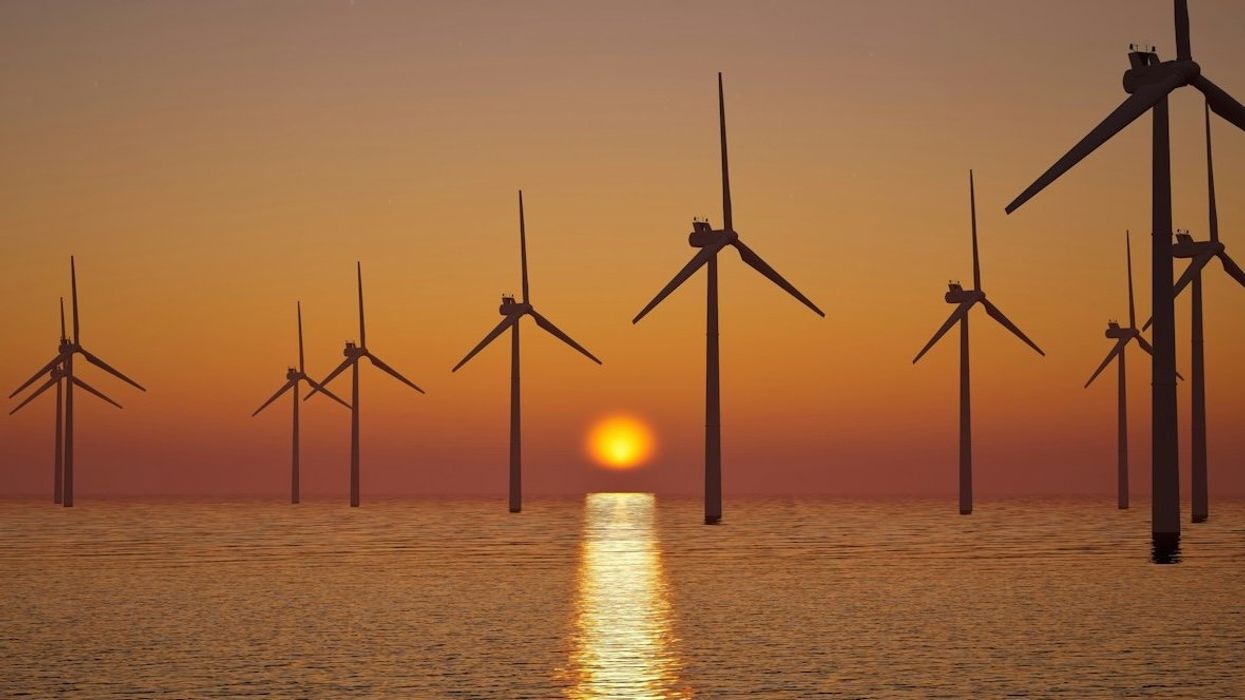Indonesia's rapid expansion of its nickel industry, driven by demand for electric vehicle batteries, is leading to significant deforestation and environmental damage.
Victoria Milko, Ed Davey, and Camille Fassett report for The Associated Press.
In short:
- Indonesia has dramatically increased its nickel smelting capacity, now responsible for over half of the global nickel ore supply.
- Deforestation has more than doubled around new nickel smelters, leading to increased landslides, polluted rivers, and loss of wildlife habitats.
- Local communities suffer from the environmental impacts, with reduced agricultural yields, contaminated water, and loss of income from traditional hunting and fishing.
Key quote:
"The damage to the environment is devastating. Deforestation has significantly increased ... rivers are polluted, mangroves are cut to develop smelter areas, coastal areas and coral are being damaged by the smelters."
— Timer Manurung, chairman of Auriga
Why this matters:
Indonesia’s nickel production is vital for the global electric vehicle market, but it comes at a high environmental cost. Sustainable practices and cleaner energy sources are essential to mitigate these impacts and support local communities.














